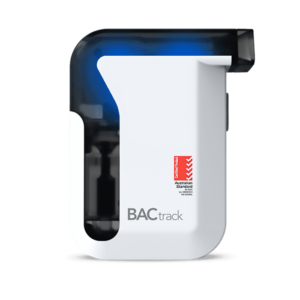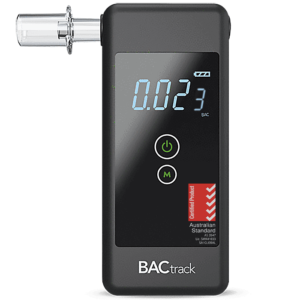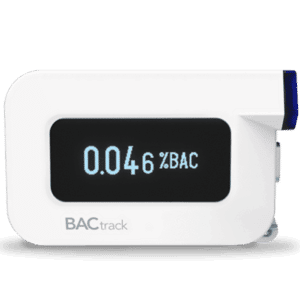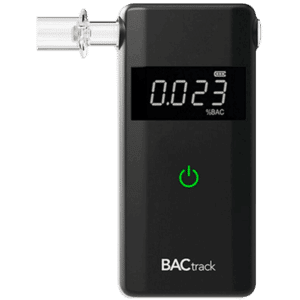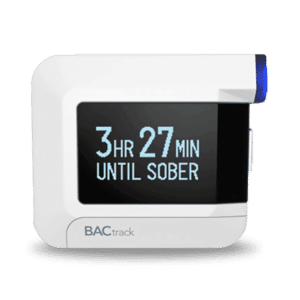Drinking Age in Australia: Overview
14 November, 2023

The legal drinking age in Australia is 18 years old. Anyone under this age is not legally allowed to consume alcohol. Penalties and charges for intoxication before reaching the legal drinking age can vary. However, authorities generally consider it illegal and can impose fines, community service, or even criminal charges. Furthermore, those of legal drinking age need to consume alcohol responsibly. This includes knowing what constitutes a standard drink and using personal breathalysers to monitor alcohol levels.
Alcohol intoxication adversely affects various abilities, including vision, hearing, speech, and reasoning. These impairments significantly increase the risk of car crashes and accidents. Establishing a minimum drinking age is crucial to safeguard the health and safety of the public, particularly young individuals who are more vulnerable. This article will provide information on the legal age of drinking in Australia, detailing penalties and charges associated with underage drinking. Additionally, it offers a guide to responsible alcohol consumption.
What is the Legal Drinking Age in Australia
The legal drinking age in Australia varies from state to state. In most parts of the country, including New South Wales, Victoria, Queensland, and Tasmania, the legal drinking age is 18 years old. Individuals must be at least 18 years of age to purchase and consume alcoholic beverages. This applies in licenced premises such as bars, restaurants, and bottle shops.
There are some exceptions to this rule. In South Australia and Western Australia, the legal drinking age is 18 years old for the consumption of liquor on licenced premises. However, it is 16 years old for consuming alcohol in private property with parental consent.
It is important to note that supplying alcohol to minors is illegal in Australia, regardless of the legal drinking age. This means that adults can face serious consequences, including hefty fines and potential imprisonment if they provide alcohol to individuals under the legal drinking age. These laws aim to minimise the risk of harm to young people and promote responsible drinking practices.
Lawful Regulations on Underage Intoxication
- In Australia, the legal drinking age is 18 years old. It is illegal to supply alcohol to anyone under this age unless they are on private property with the consent of a responsible adult.
- Supplying alcohol to minors can lead to severe penalties, including fines and imprisonment. The maximum penalty varies across states, but it generally involves a significant number of penalty units.
- To prevent underage drinking, individuals may have to provide proof of age when entering licenced premises or purchasing alcohol. Acceptable forms of identification include a Keypass identity card, proof of age cards, and passports.
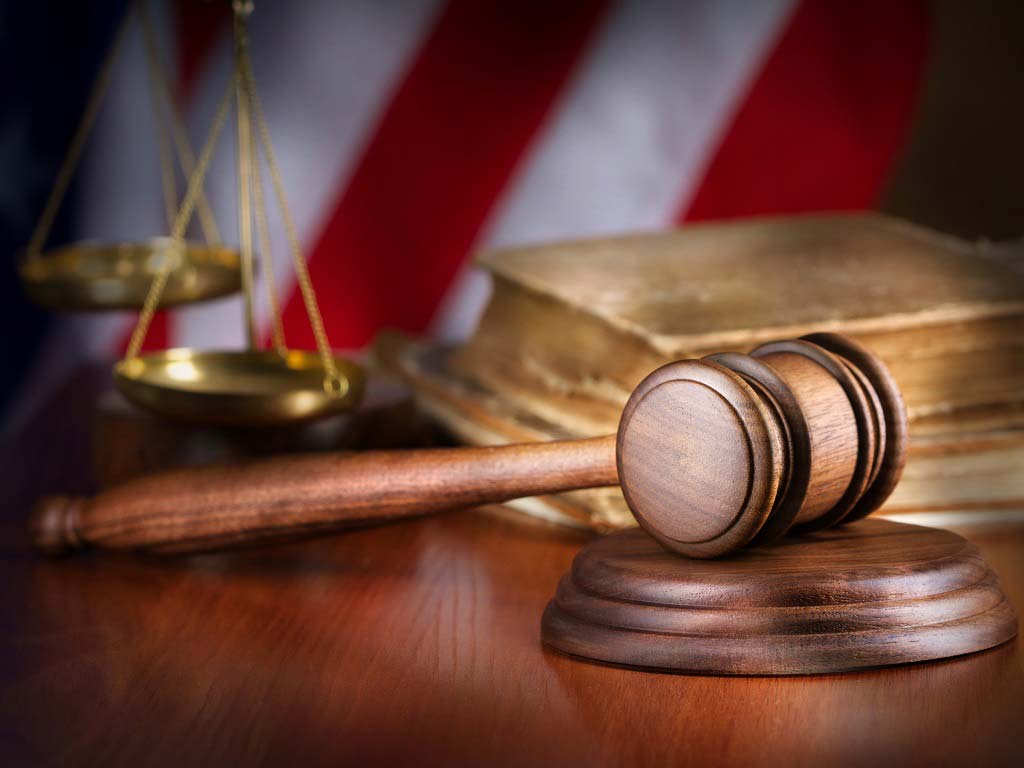
Penalties and Charges for Intoxication Before the Legal Drinking Age in Australia
If someone under the legal drinking age in Australia is caught drinking alcohol, they may face serious penalties and charges. Firstly, fines or community service. The severity of the penalties can vary depending on the jurisdiction. In Western Australia, the maximum penalty for underage drinking is two penalty units. This is equivalent to a fine of approximately $300.
Secondly, the supply of alcohol to minors is also strictly regulated. Supplying alcohol to individuals under the legal drinking age, whether it is by parents, friends, or any other person, is considered an offence. The penalties can be substantial, with fines ranging from a few hundred to several thousand dollars.
Thirdly, Australia has strong laws against drink driving. Individuals who consume alcohol before the legal drinking age and then operate a vehicle can face charges of drink driving. These include fines, licence suspension, mandatory alcohol education programs, car interlock installation, and even imprisonment. Moreover, such charges can have long-term consequences, affecting future employment opportunities and travel plans.
Responsible Adult Supervision Requirements
A responsible adult refers to an individual who is at least 18 years old. The first requirement is that the responsible adult must be actively present at all times during the supply of alcohol to minors. They must actively supervise the consumption and ensure that it is done in a controlled environment.
Additionally, the adult is responsible for preventing any harmful effects of alcohol consumption. They must ensure that the minors are not engaging in harmful drinking patterns or binge drinking. The adult should actively discourage drinking games or any activities that promote excessive drinking. Therefore, they must intervene when they observe risky behaviours.
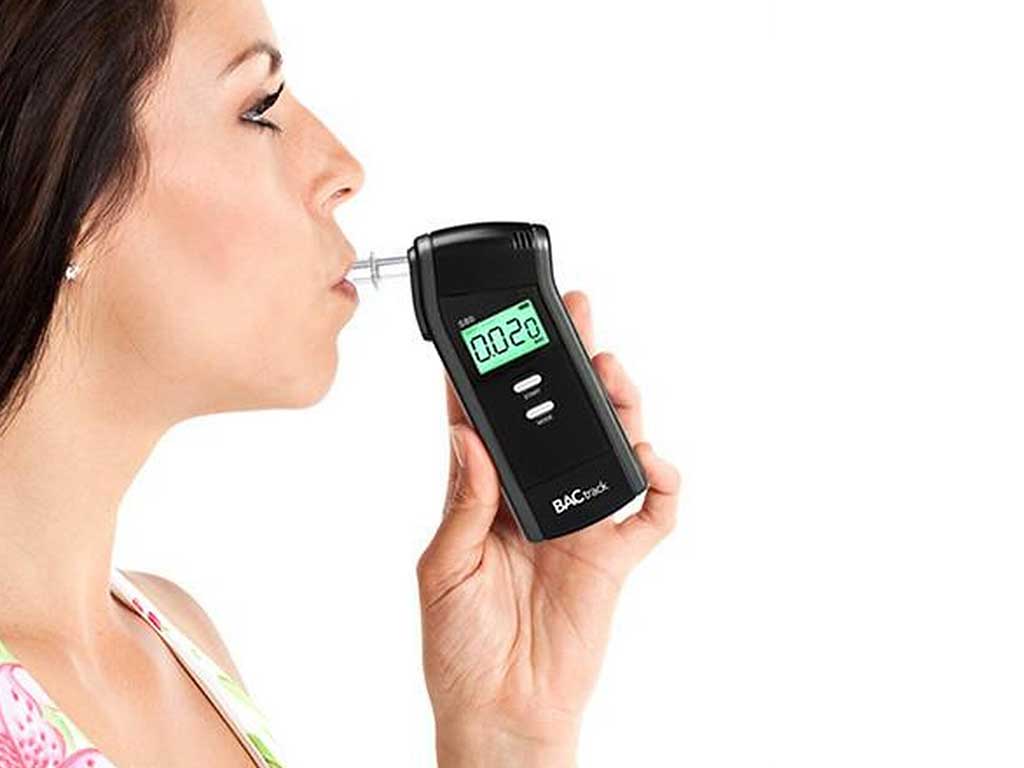
Drinking Age in Australia: The Guide to Responsible Alcohol Consumption
To ensure responsible alcohol consumption among individuals of legal drinking age in Australia, some guidelines should be followed. Firstly, it is important to understand the concept of standard drinks. A standard drink refers to the amount of alcohol consumed, rather than the size of the alcoholic drinks. This allows people to keep track of their alcohol intake and make informed choices.
Secondly, licenced premises and bottle shops play a significant role in the supply of alcohol. All their staff must be knowledgeable about the legal limit and the responsible service of alcohol. Additionally, they must request proper identification, such as a proof of age card, to prevent the provision of alcohol to minors.
Thirdly, individuals may consider using a personal breathalyser, such as the BACtrack S80 Pro from Breathalysers Australia. This device allows users to monitor their Blood Alcohol Concentration (BAC). Moreover, some breathalysers have innovative features for more efficient breath testing. The smartphone breathalysers, such as the BACtrack Mobile Pro, C6 Keychain, and C8 Smartphone, offer wireless capabilities through Bluetooth.
Using a Personal Breathalyser
Using a personal breathalyser is a simple process. To begin, the user should press the power button to activate the sensors. Once the device powers on, it is ready to capture the breath sample. Next, the person has to take a deep breath and exhale continuously to the mouthpiece until the end of the beeping sound.
After the breath sample has been provided, individuals need to wait for the device to process the sample. Within 10 to 15 seconds, the personal breathalyser will display the BAC level. This reading will indicate whether the user is over the legal limit for driving.
Conclusion
The legal drinking age in Australia varies by state, mostly set at 18. However, South Australia and Western Australia allow private consumption at 16 with parental consent. Supplying alcohol to minors is illegal nationwide, with hefty penalties. Underage drinking can result in fines or community service. Drink driving charges are also severe, including fines, licence suspension, alcohol interlock, and potential imprisonment. These strict measures aim to safeguard young people and promote responsible alcohol practices across the country.
Responsible alcohol consumption for the legal drinking age involves understanding standard drinks and employing personal breathalysers for self-monitoring. Devices like the BACtrack series offer a user-friendly process, providing quick and accurate BAC readings. By promoting awareness and responsible service, individuals can make informed choices, contribute to a safer drinking culture, and help prevent alcohol-related issues. Taking these measures helps in fostering a society where guidelines for the legal drinking age are followed responsibly.


















